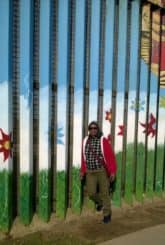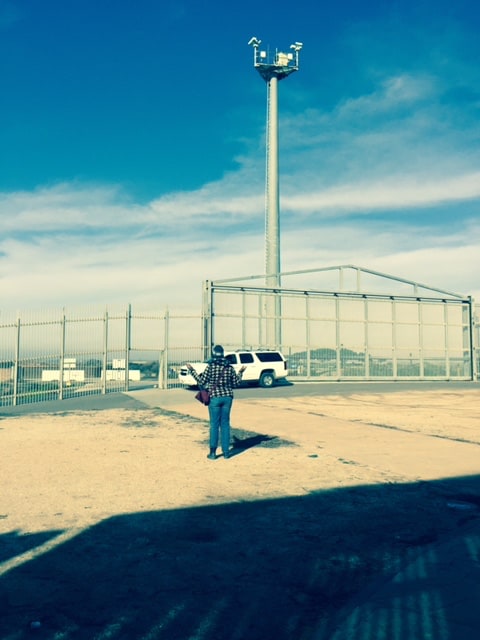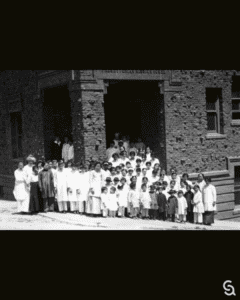
I have always been a proponent for the rights of immigrants, based on the image I have of America according to the picture painted by our history. I am disappointed and ashamed that some Americans have such a short memory and refuse to look at the pages of history, which brings to life the importance of immigration.
As a child, my heart was torn as I reflected on the lives of the WWII era Japanese Americans who were placed in internment (concentration) camps in Oklahoma and Arizona, and I wonder today why the conversation has not changed. Why are people being removed from our communities? Why are families still being torn apart, like those who found themselves on the wrong side of Berlin during the Cold War, and walled off from the ones they love? The US is destroying the legacies and spirits of people who want to be productive citizens of our nation.
Although my perspective has not changed over the years, my voice has grown stronger as I’ve become more informed and can bring more depth to the conversation. Now I seek to raise my voice for the mothers of Dreamers who have left children in America, for Deported Veterans, and others whose experience of oppression has increased since the governmental changes in immigration. Most people in my communities and circles have no idea what it really means to be an immigrant. They have no idea about the oppression immigrants endure as they try to “live” in America, nor do they have any idea about the squalor that many people in border towns endure because they long to be in America with their American families.
Most people in my communities and circles have no idea what it really means to be an immigrant.

I have been on many borders where families are separated by walls, but this Mexican/US border is devastating to my spirit. I have grieved with the peoples of Palestine and Israel, I have wept at the Berlin Wall, but anger rose within me at the Tijuana wall. I am angry because America is being petty. I understand the need for national security, but I also understand the importance of immigrants to the fabric of our country. I empathize with the immigrant mothers, just as I empathize with the stories of the African American slave mothers whose children were torn from their breasts.
I must continue to ask myself and those around me, “How are you treating the stranger?” I will challenge each of us to learn about our nation’s immigration policies and how they affect real people, to share that information with the uninformed, to stand when social injustice raises its head, and to have compassion for those who dream of being productive members of our country.
A graduate of Palmer Theological Seminary of Eastern University, Rev. Leslie R. Harrison is an ordained elder of the African Methodist Episcopal Church and has served on the board of many organizations that fight against social injustices. She wrote this reflection after participating in Palmer’s “Ministry on the Borderline” course.


